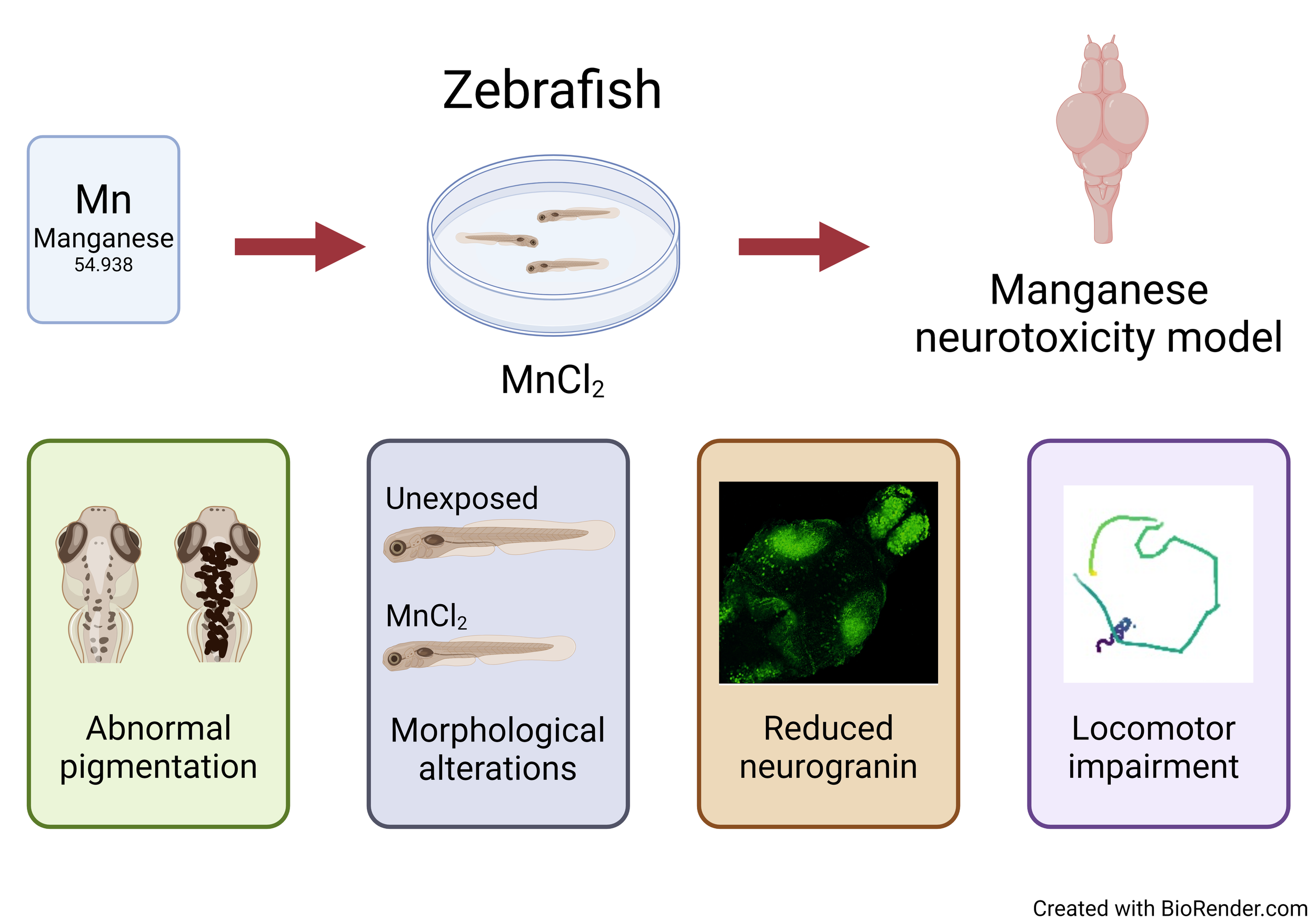Dysregulation of the metal manganese in the brain underlies movement abnormalities in a rare inherited disorder of manganese transport leading to disability in early childhood.
Manganese is an essential trace metal present in our diet that is required for normal brain function. However, excess manganese is toxic to the brain, particularly to regions required for movement control. Therefore, it is crucial that the body tightly regulates manganese levels.
Dr Tuschl in collaboration with other UCL groups has recently identified an inherited disorder caused by abnormalities in the gene SLC39A14 that is required for manganese transport across the cell. Impaired control of the body's manganese load results in manganese accumulation in the brain. Affected children suffer from a disabling movement disorder and often become wheelchair bound within the first years of life. Current treatment options are limited and burdensome. Therefore, there is a real need to better understand the disease mechanisms in order to identify new treatment targets and strategies.
Using a zebrafish model of this manganese transport disorder this study has identified how manganese regulation is impaired in the brain leading to both toxic effects of manganese as well as manganese deficiency. Subsequently, this impacts on the regulation of calcium that is required for normal neuronal function. These changes are associated with impaired neuronal activity in the brain of zebrafish and reduced swimming behaviour.
https://www.ucl.ac.uk/child-health/news/2022/jun/zebrafish-help-us-understand-disabling-childhood-disorder






















